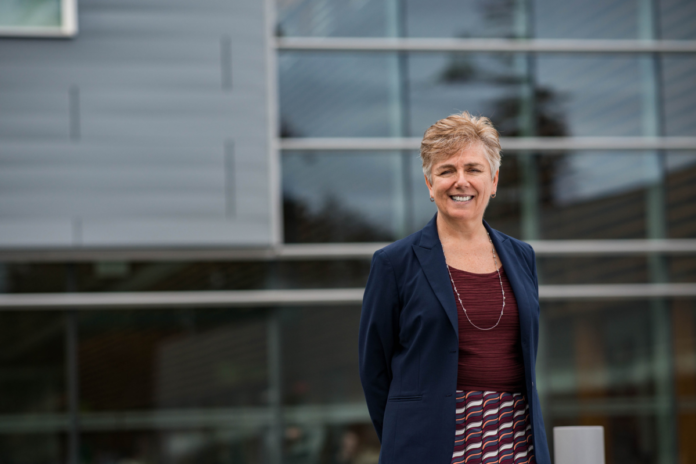Senate is the academic governing body of UFV, with the university president and vice chancellor Joanne MacLean as the chair. They are responsible for making decisions on everything academic: approving new courses and programs, approving changes to programs, setting entrance requirements, and setting the academic calendar. The Board of Governors, which looks at the business side of the university, is advised by Senate on matters of mutual interest.
All at the university are welcome to attend Senate’s public meetings, held once a month at either the Abbotsford or the CEP campus, but most do not. Regardless, Senate makes decisions that impact the daily lives of both students and faculty.
Recommendations on international student enrollment
There have been several discussions at Senate over the last year regarding the enrollment numbers of international students at UFV. Earlier this year international enrollment was capped at 20 per cent of the total full-time student population after UFV experienced a substantial influx of international applications.
A report and series of recommendations regarding enrollment goals were presented to Senate by Alisa Webb, vice president students, and the floor was opened for discussion. The report did not contain specific recommended actions but instead was a general summary of ideas and perspectives from those across the university and the conclusions that could be drawn.
Observations of the uneven distribution of international students across programs was mentioned. One member of Senate said that this number should be as important as the overall number of students enrolled at the university. It was mentioned that UFV has altered its admissions process over the last year to help balance programs. The previous “first-come-first-serve” admission process had been altered to a more competitive process for popular programs such as business and computer sciences.
Diversification of international students was also discussed. One senator said that a diversity of students would likely lead to a greater spread of international students across programming.
The course load of international students was also discussed. International students pay a flat fee for 15 credits, regardless of how many they take, so many students are taking up to five courses a semester. The high workload puts pressure on both students and the departments, one senator said, when students are not able to perform to the best of their abilities. Several other universities in B.C. have made changes to policies around credit requirements for international students, and a member of Senate said that UFV is looking into the issue.
Name change approved for new school, from SAGE to SoLUEC
The recently approved School of Agriculture, Geography, and the Environment (SAGE) requested a name change to the School of Land Use and Environmental Change (SoLUEC). The school will contain the department of geography and environment, with affiliate members from environmental studies and the department of agriculture. Lucy Lee, dean of science, said that it is hoped that agriculture will join the school.
It was said that while many in the school like the acronym SAGE, they felt just listing the program was a bit stale. Land use was a more unifying concept for the future goals of the school.
Orientation
Senate approved Student Life’s leadership, in collaboration with the Student Union Society (SUS), on the Winter 2020 New Student Orientation (NSO) day, formalizing what was discussed in the last Senate meeting. This was the first NSO that was a collaborative effort between SUS and across the university.
Senators said the day was highly successful, with many students at the faculty welcome and positive feedback from students, faculty, and staff involved.


